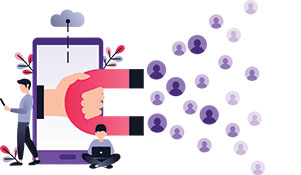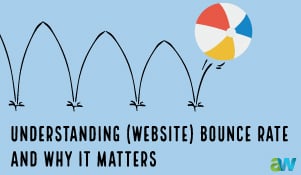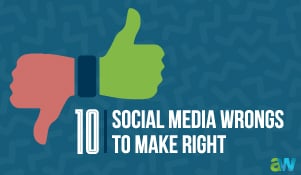It has been an interesting week for advertising, PR, and brands. Late last week, the president of Chick-Fil-A made a very direct and bold statement regarding his religious and personal  company beliefs. I'm not here to argue whether his personal point of view is right or wrong, but as the leader of a very large and very much loved brand, does he have a responsibility to the employees and customers to keep his opinions to himself? Or is he a bit more brazen since they are a private company—he's the President, and he can say whatever he wants? No joke—part of me really thinks this is as much of a publicity stunt as it is a PR nightmare. I'm not sure about you, but half of my Facebook wall feed is people talking about this "issue."
company beliefs. I'm not here to argue whether his personal point of view is right or wrong, but as the leader of a very large and very much loved brand, does he have a responsibility to the employees and customers to keep his opinions to himself? Or is he a bit more brazen since they are a private company—he's the President, and he can say whatever he wants? No joke—part of me really thinks this is as much of a publicity stunt as it is a PR nightmare. I'm not sure about you, but half of my Facebook wall feed is people talking about this "issue."
Now that brands have decided that they are going to be loud and involved in social media where ALL THEIR CUSTOMERS ARE (!!!), I wonder how many of them are really ready for the social fallout that can happen when they or one of their leaders makes a misstep? I don't think they are ready at all, and cases like Chick-Fil-A and others prove it. Before, if a customer had an issue with a brand or an ad campaign, they would stop being a customer, tell a few friends, and that was it. It's not like the brand ever even knew about the few customers that they lost, and I'm sure even if they did—they wouldn't have cared. But, in today's overly-connected, social-media world—if there is a misstep—it becomes a collective public roar, and the brand most likely WILL notice the fallout.
Today I came across a new ad campaign that Crest rolled out, watched the 30-second video ad and instantly swore that I would never buy another Crest product. Why did it bother me so much? It was insulting, borderline bullying, and it made fun of an individual. Personally, I don't have to listen to it and will choose to spend my money elsewhere. With a cumulative following of over 10,000 people, I can let them all know my thoughts pretty quickly. Does Crest care? Probably not. But in today's world, there's a good chance the message will be heard by more than just 10 of my friends and perhaps create it's own message back to the company.
Whenever these outbursts happen, it makes me think. What if Crest were a client of mine and came to me with that ad campaign (This one is strictly a social media campaign.) and said that this was what they wanted to market and push. Would I encourage them to reconsider the message that they were sending? What if I were the PR firm for Chick-Fil-A that is having to deal with the aftermath and ramifications of their President's statement? How would I begin to devise a plan to head off nothing short of an equalities war?
This is a new day and if we as marketing professionals aren't telling our clients the possible ramifications of what message they're sending, we are doing everyone a disservice—the client, the agency, and the public. I believe that we have to realize the difference between edgy and crossing the line. In a rush to create the next viral video or trending topic on Twitter or the most-liked post, a lot of companies are losing touch with their core values and the social responsibility that they have toward the public.
Or do they owe the public anything?









Leave a comment